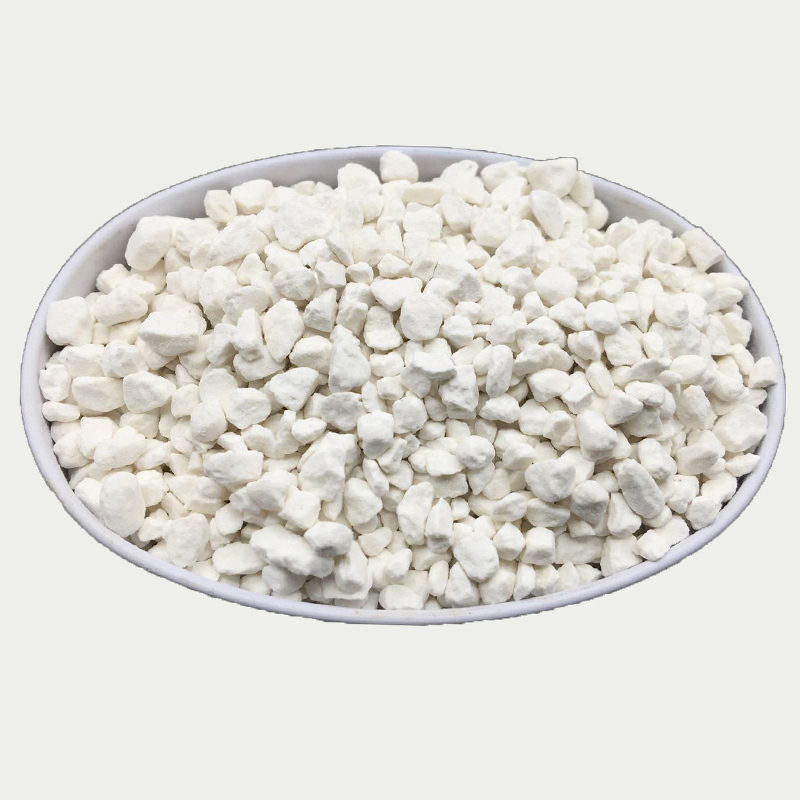
Dec . 31, 2024 12:27 Back to list
Finding the Best Organic Fertilizer for Healthy Tomato Growth
Choosing the Best Organic Fertilizer for Tomatoes
When it comes to growing healthy, vibrant tomato plants, the importance of choosing the right fertilizer cannot be overstated. Tomatoes are heavy feeders, meaning they require a significant amount of nutrients to thrive. Organic fertilizers can provide these nutrients while also enhancing the soil's structure and promoting a balanced ecosystem. In this article, we'll explore the best organic fertilizers for tomatoes, how they benefit your plants, and tips for application.
Understanding the Nutritional Needs of Tomatoes
Tomatoes require a mix of macronutrients and micronutrients. The key macronutrients include nitrogen (N), phosphorus (P), and potassium (K), often referred to as NPK. Nitrogen supports lush, green foliage, phosphorus promotes root development and flowering, and potassium enhances fruit quality. Besides these primary nutrients, tomatoes also benefit from secondary nutrients like calcium and magnesium, as well as trace elements such as iron and manganese.
Top Organic Fertilizers for Tomatoes
1. Compost One of the best organic fertilizers for tomatoes is well-aged compost. Compost enriches the soil with a wide range of nutrients while improving its structure. It enhances water retention and promotes beneficial microbial activity, making it an ideal choice for any garden.
2. Cow Manure Decomposed cow manure is another excellent organic option. It is rich in nitrogen, which supports vigorous growth. Make sure to use well-aged manure to avoid burning the plants and to reduce the risk of pathogens.
3. Bone Meal For phosphorus, bone meal is an outstanding organic source. It promotes strong root development and enhances flowering. Applying bone meal at planting time will ensure your tomato plants have adequate phosphorus for their early growth stages.
which the best tomato organic fertilizer

4. Kelp Meal This seaweed-based fertilizer is rich in micronutrients and can improve plant resilience to stress. Kelp meal also contains natural growth hormones that can promote healthy growth and improve fruit yield.
5. Fish Emulsion Ideal for a quick nutrient boost, fish emulsion is a liquid fertilizer high in nitrogen. It's especially useful early in the growing season when plants need that initial push to grow lush foliage.
6. Wood Ash If you have a fireplace or a fire pit, wood ash can be a valuable source of potassium. It also raises soil pH, which can be beneficial if your soil is too acidic. However, be cautious not to overuse it, as it can lead to imbalances in soil nutrients.
Application Tips
- Timing When planting tomatoes, mix compost and aged manure into the soil. As the plants grow, side-dress them with additional organic fertilizers such as fish emulsion or kelp meal every few weeks. - Soil Testing It's good practice to conduct a soil test before planting. This will help determine nutrient deficiencies and allow you to tailor your fertilizer choices accordingly. - Watering Ensure your tomatoes receive adequate water after fertilization. This helps nutrients to be absorbed and minimizes the risk of burning the roots.
Conclusion
Selecting the best organic fertilizer for your tomatoes involves understanding the specific nutrient needs and the benefits of various organic options. Compost, cow manure, bone meal, kelp meal, fish emulsion, and wood ash all provide valuable nutrients that can help your tomato plants thrive. By applying these organic fertilizers thoughtfully and at the right times, you can enjoy a bountiful harvest of delicious, homegrown tomatoes. Happy gardening!
-
Premium Organic Manure Compost for Eco Gardens
NewsAug.01,2025
-
Organic 10-10-10 Fertilizer | Balanced Plant Nutrients
NewsJul.31,2025
-
Premium Amino Acid Fertilizer | Rapid Plant Growth Booster
NewsJul.31,2025
-
10 10 10 Fertilizer Organic—Balanced NPK for All Plants
NewsJul.30,2025
-
Premium 10 10 10 Fertilizer Organic for Balanced Plant Growth
NewsJul.29,2025
-
Premium 10 10 10 Fertilizer Organic for Balanced Plant Growth
NewsJul.29,2025
